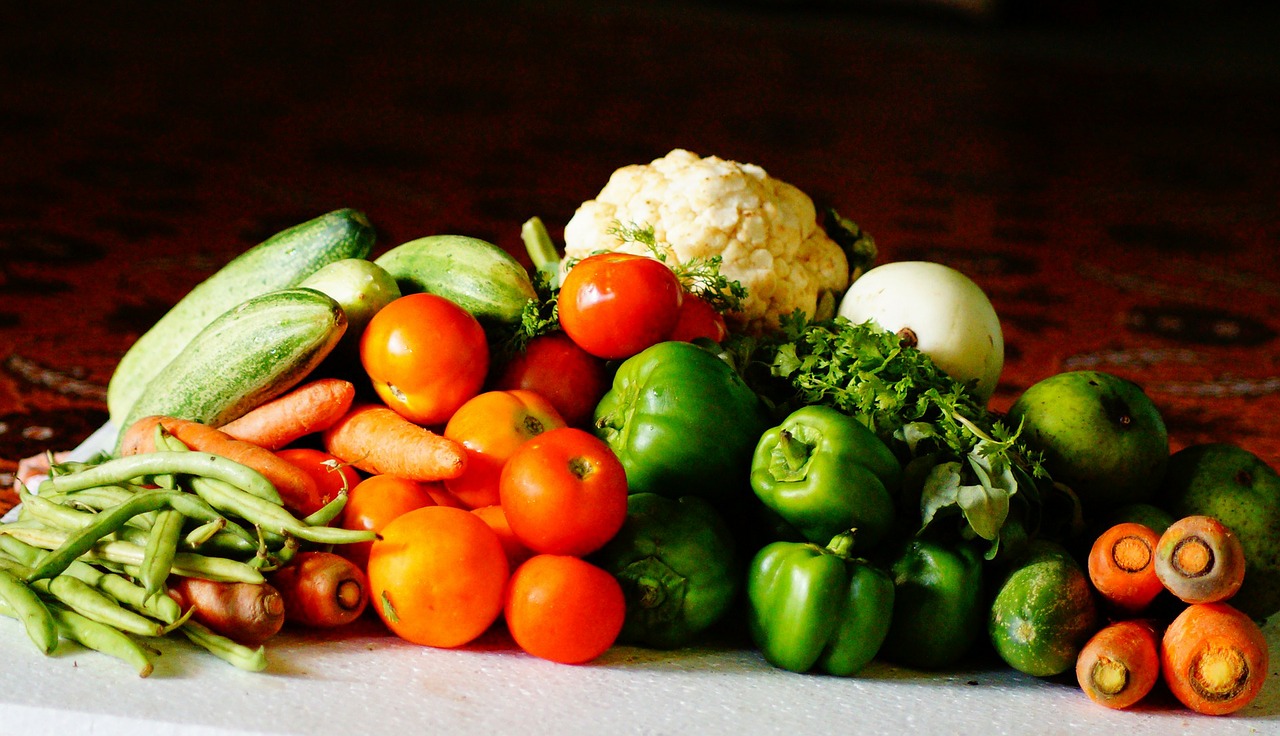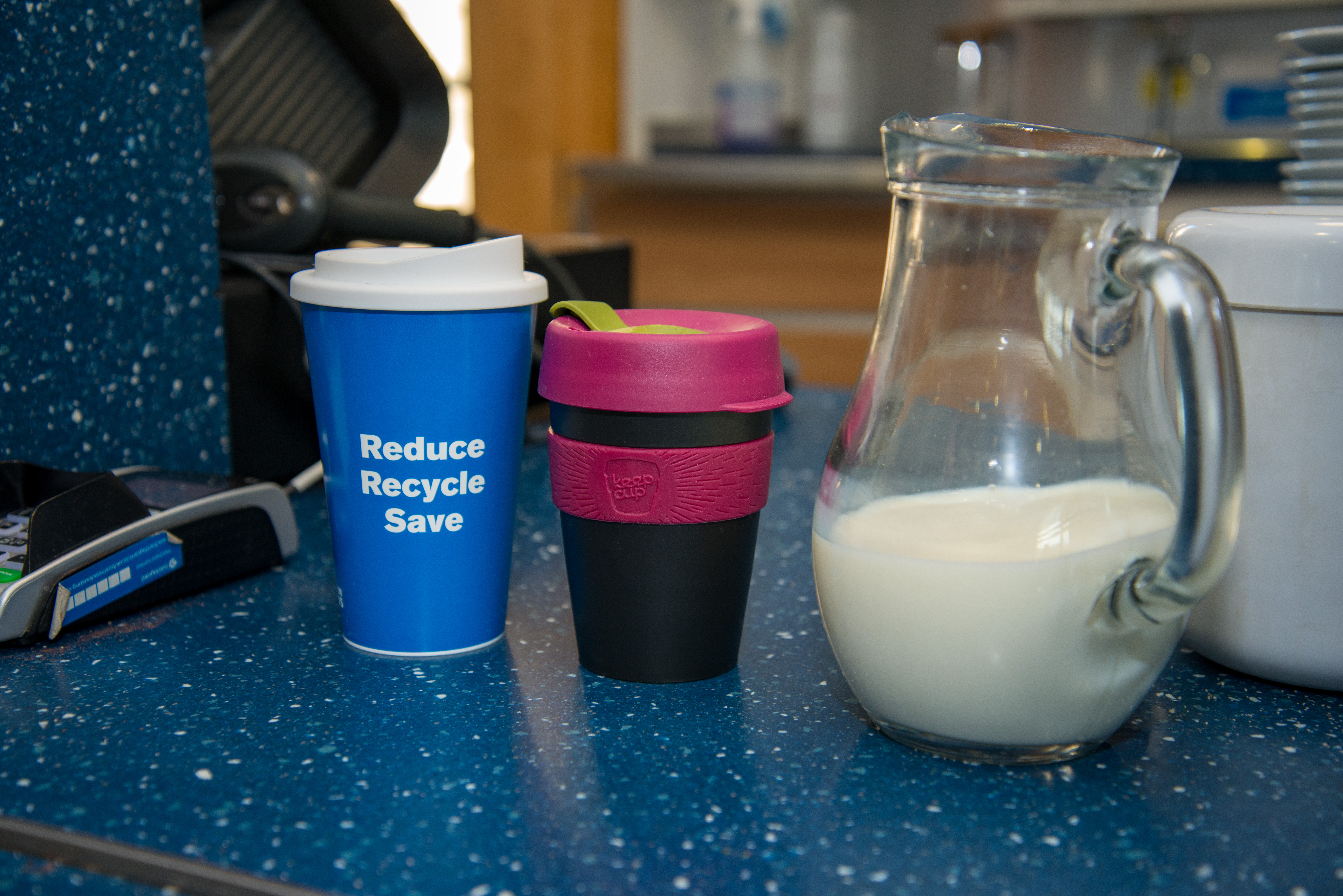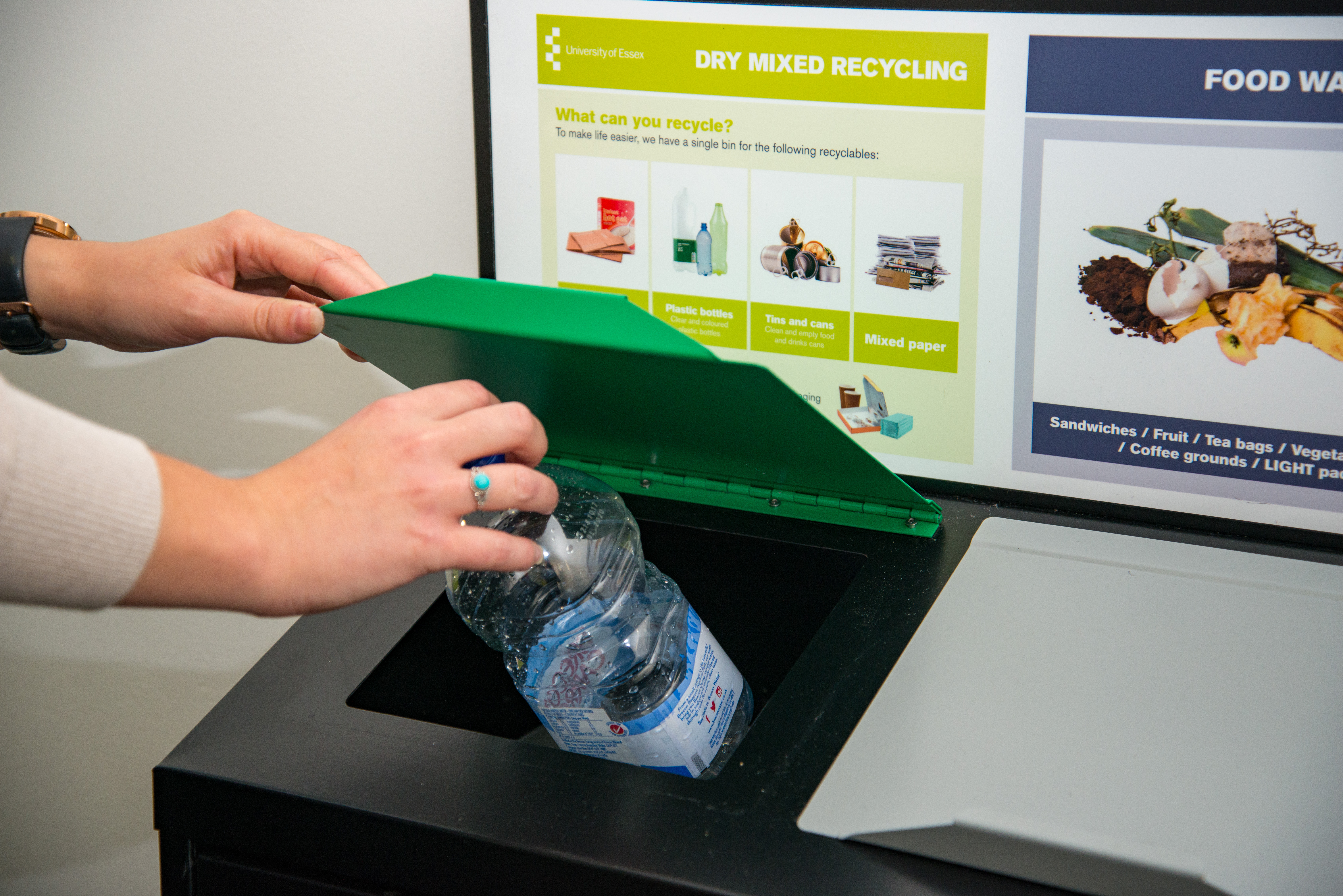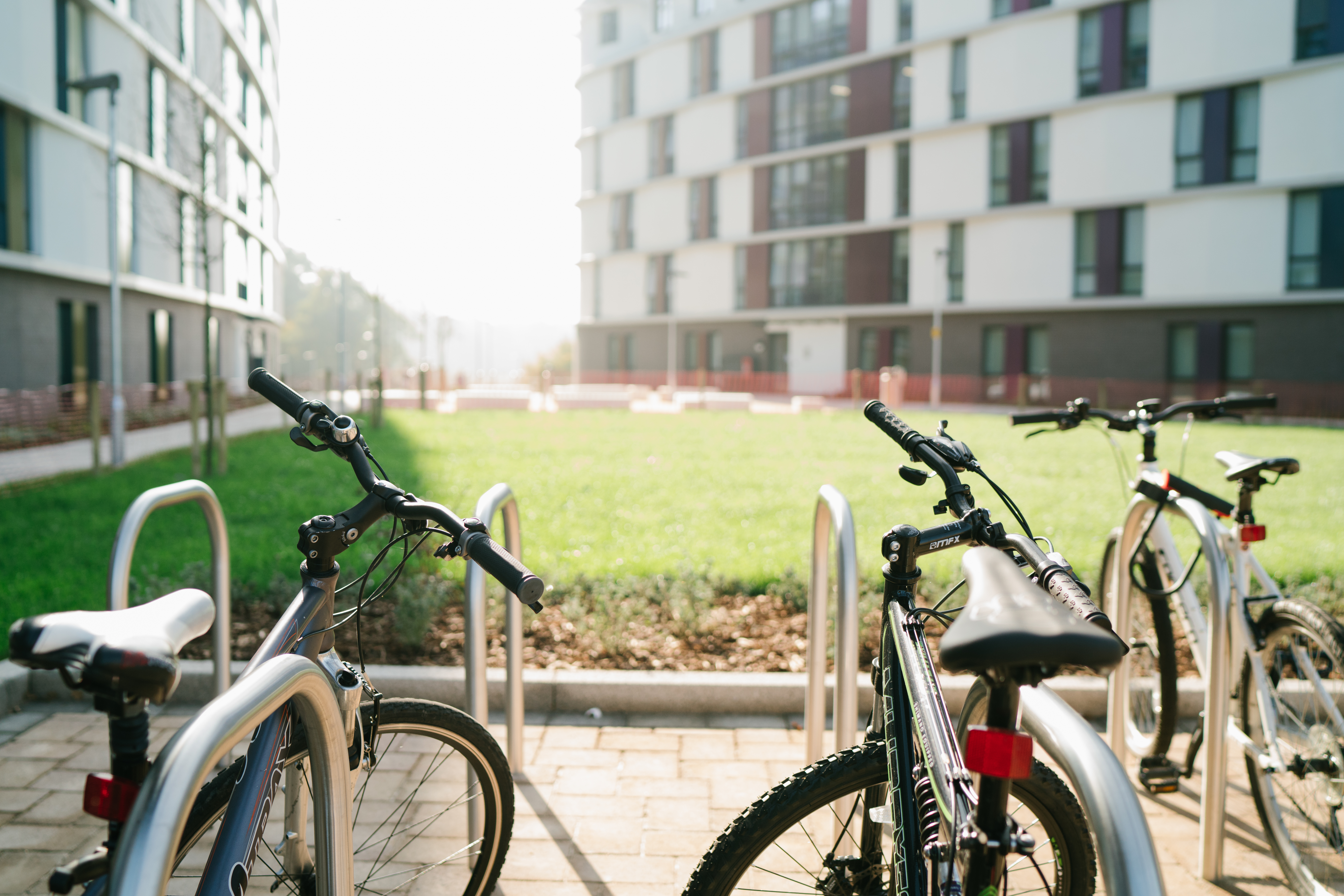Further information
Section outline
-
What can you do to help?
Everyone has a carbon footprint as a result of their daily actions, and yours will depend on a variety of factors: the size of your home; the type of vehicle you use, how often you fly, what you eat and the products you buy. Your carbon footprint is invisible, and it’s hard to truly envisage your individual impact, which is a significant reason why it’s hard to make changes. However, if individuals and manufacturers do not change, we risk irrevocable damage.
By understanding what contributes to your carbon footprint, you can take steps to reduce it. While getting an exact figure isn’t possible, there are ways to estimate your carbon footprint. The WWF carbon footprint calculator takes into account the key contributors in everyday life to give you a snapshot of your impact.
Reducing your own Carbon Footprint - Here are just a few examples to get you started...

Boiling the kettle? Only fill with what you need – heating more water than necessary uses extra energy, and it takes longer!
Reach for a jumper before turning up the heating, when you can - it'll save you money too.
Buy fruit and veg loose instead of in plastic packaging - plastics are made from oil, and when they're single use, they have a very short life.
- Reduce food waste where possible - make the most of what's in your fridge, be careful with portion size, and keep leftovers for another day.

Save energy by switching off what’s not in use (including chargers, screens and lights).
Take a reusable cup when you’re getting a takeaway coffee/tea etc – most cafes offer discounts of at least 25p off your drink, and use a refillable water bottle to fill up, instead of buying single use plastic bottles.
Always put your litter in a bin and recycle as much as you can.
When planning your holidays, consider taking the train – The Man in Seat 61 has great advice.
Travel to work by walking, cycling taking the bus or even lift sharing, if you can.A range of resources to find out more
Watch Professor Jules Pretty’s video – highlighting the scale of the challenges we face, and what we can do.
Follow the University’s progress on sustainability via Twitter, Facebook and Instagram, as well as on the website.
Read more about sustainability at the University of Essex on our blogs page
For more information about sustainability in general, here are some great resources:
UN Sustainable Development Goals
No activities